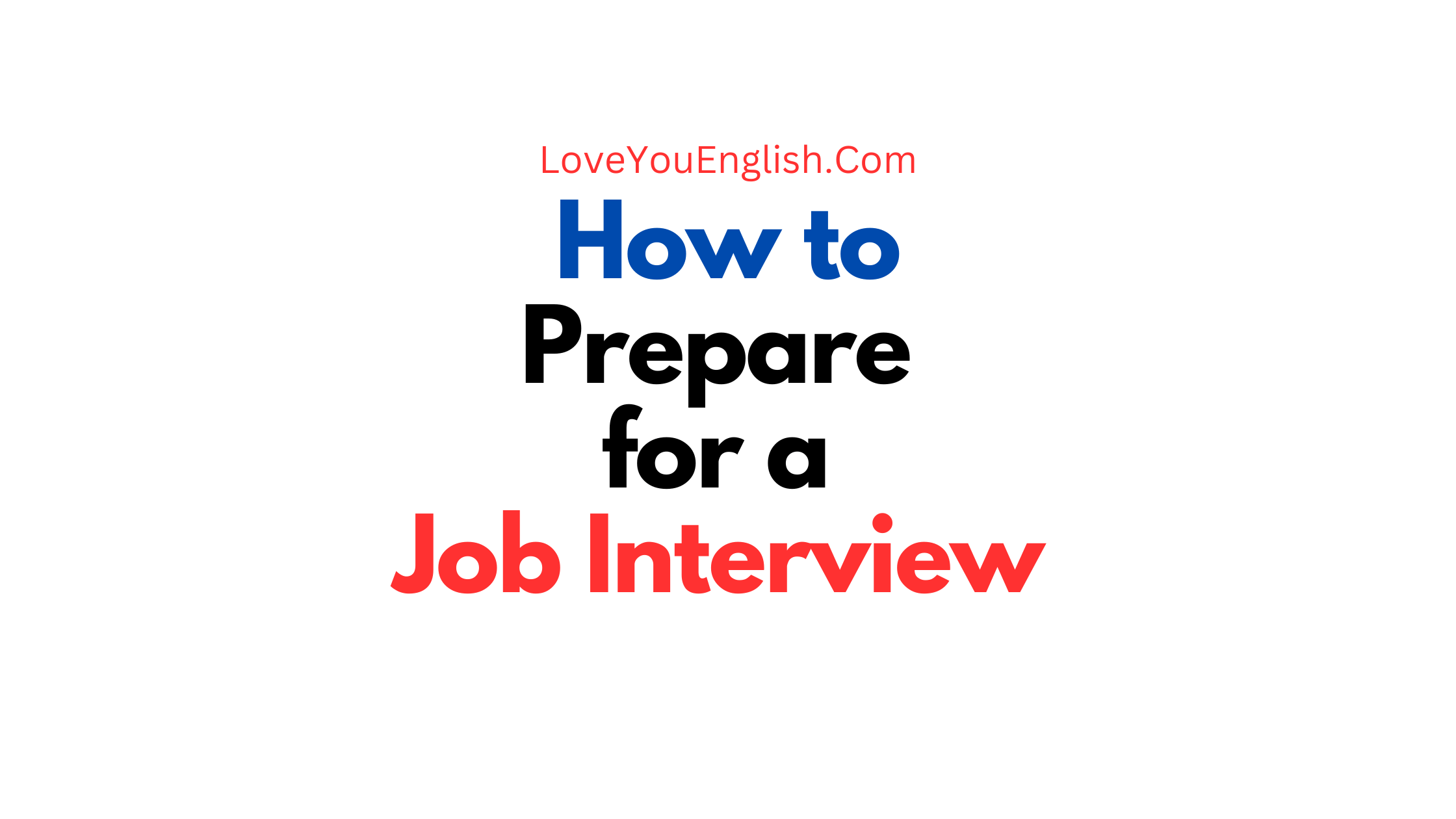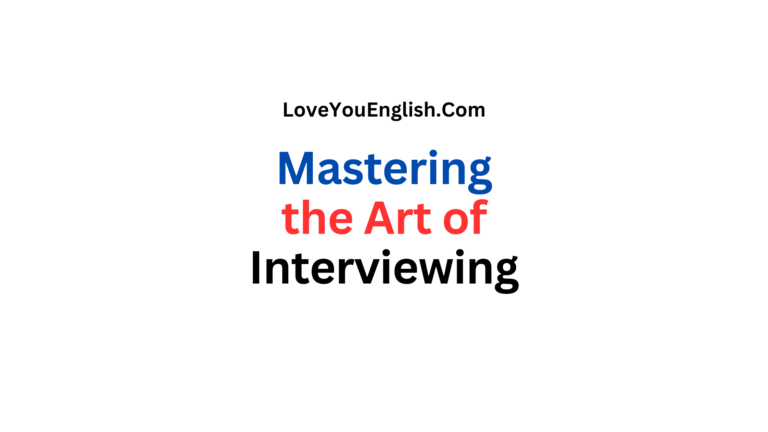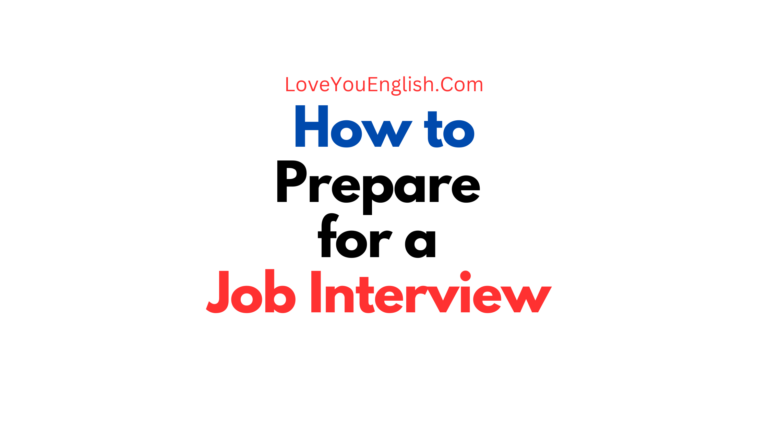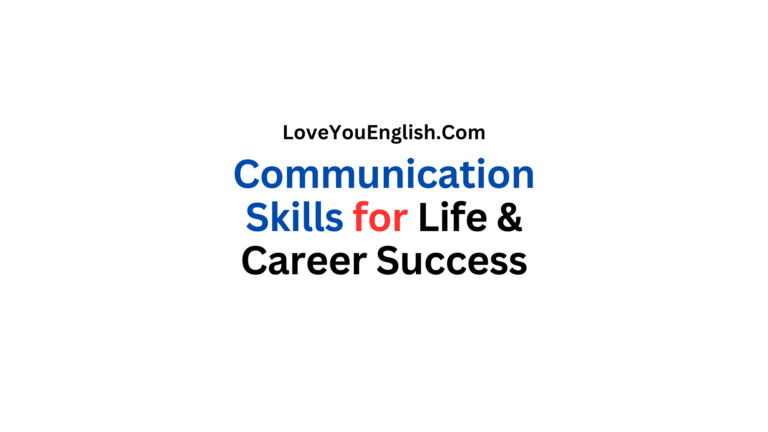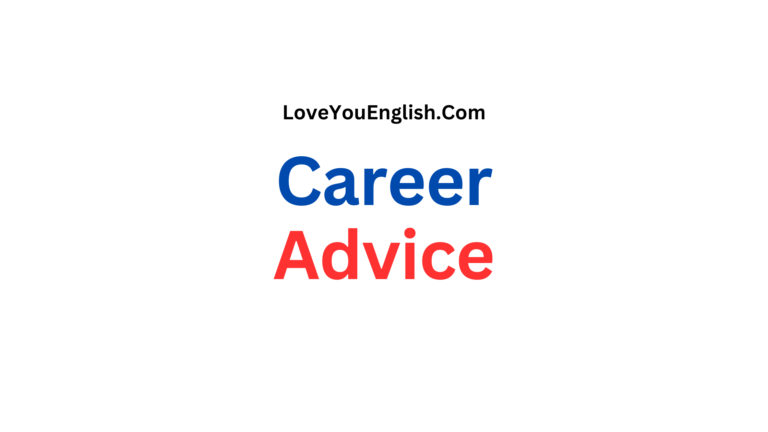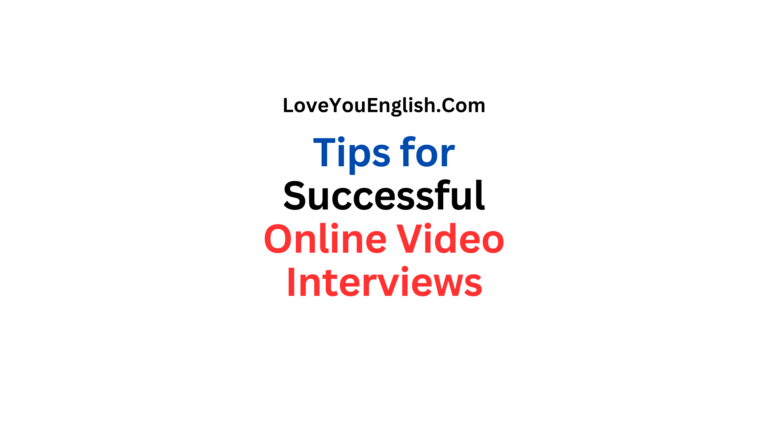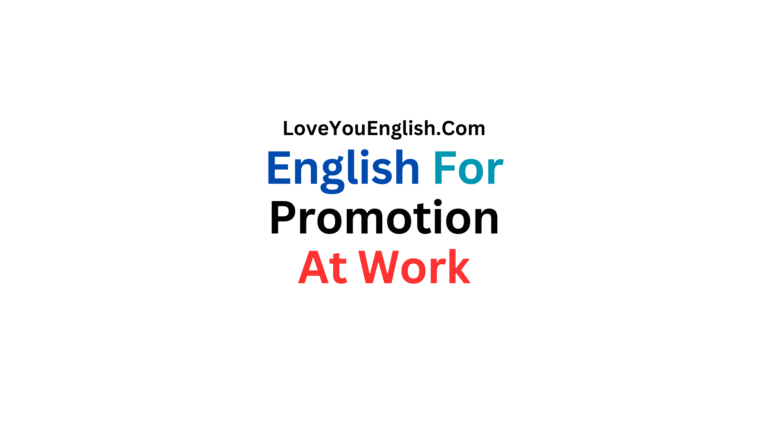9 Ways to Sell Yourself in an Interview
9 Ways to Sell Yourself in an Interview
Job interviews can be super stressful, but they also give you a great chance to show off what you can do, your past experiences, and who you are to potential employers.
The trick is to learn how to effectively “sell yourself,” which means presenting what makes you special in a way that grabs their attention.
If you pick up a few important techniques, you can really increase your chances of getting that dream job.
Here are 9 effective ways to promote yourself during an interview:
Do Your Homework and Get Ready
One of the best ways to impress in an interview is to be really well-prepared.
This means you should research the company, the job you’re applying for, and even the people who will be interviewing you if you can.
Start by checking out the company’s website, their social media, and any recent news stories about them.
Understand their mission, values, products or services, and where they stand in their industry.
Look for any recent news or projects that you can mention during the interview to show that you know what’s going on.
Then, take a close look at the job description.
Pay attention to the important skills, qualifications, and responsibilities they mention.
For each key requirement, think of specific examples from your own experiences that show you have those skills.
The more you can connect your background to what they want, the better your chances will be.
If you know who will be interviewing you, take some time to check them out on LinkedIn or the company’s website.
Learning about their job and background can help you connect better and adjust your answers.
You might even discover some shared interests that can help you bond.
Also, make sure to come up with some thoughtful questions to ask your interviewers.
This shows that you are really interested and engaged.
Try to focus on important topics like the job itself, how the team works together, the company’s goals, and chances for growth.
By preparing thoroughly, you’ll be able to talk confidently about why you would be a great fit.
This kind of preparation will help you stand out from other candidates who might not be as ready.
Create Your Personal Brand Statement
A personal brand statement is a short and strong summary of who you are in your career and what makes you special.
It’s like your “elevator pitch” – a quick 30-second rundown of your main strengths and what makes you different.
To make a great personal brand statement:
– Figure out your top 3-5 professional strengths or skills.
– Think about the key qualities that have helped you succeed.
– Identify what unique viewpoint or method you offer.
– Consider the specific value you can bring to the job or company.
Then, craft a few sentences that weave these elements together in a compelling way.
For example:
“I’m a data-driven marketing strategist with 7 years of experience launching successful campaigns for B2B tech companies. I combine deep analytical skills with creative flair to develop innovative, results-oriented solutions. My track record includes increasing lead generation by 250% and cutting customer acquisition costs by 30% through highly targeted social media initiatives.”
Practice delivering your personal brand statement naturally.
You’ll likely use some version of it when asked questions like “Tell me about yourself” or “Why should we hire you?”
A strong personal brand statement immediately communicates your value and helps set the tone for the rest of the interview.
Use the STAR Method to Showcase Your Achievements
When asked behavioral questions about your past experiences, the STAR method is an excellent framework for structuring compelling responses.
STAR stands for:
Situation: Set the context by briefly describing the challenge or situation you faced.
Task: Explain your specific role or responsibility in addressing the situation.
Action: Detail the key steps you took to complete the task or overcome the challenge.
Result: Share the positive outcomes that resulted from your actions, using specific metrics if possible.
Using this method ensures your answers are focused, results-oriented, and clearly demonstrate your capabilities.
For example:
Question: “Tell me about a time you had to meet a tight deadline.”
Answer: “In my previous role as a project manager, we had a major client suddenly move up their product launch date by two weeks (Situation).
I was responsible for ensuring our team delivered all marketing materials on time without sacrificing quality (Task).
To meet this challenge, I immediately reorganized our workflow, redistributed tasks based on team members’ strengths, and implemented daily check-ins to track progress and quickly address any bottlenecks (Action).
As a result, we not only met the new deadline but delivered our highest-quality work to date. The client was thrilled, and it led to a 30% increase in our contract value for the following year (Result).”
Prepare STAR stories for common behavioral questions and key achievements from your resume.
This approach allows you to vividly illustrate your skills and impact.
Demonstrate Enthusiasm and Cultural Fit
While skills and experience are crucial, many hiring decisions come down to enthusiasm and cultural fit.
Companies want to hire people who are genuinely excited about the role and will mesh well with the existing team.
Show your enthusiasm by:
- Using positive, energetic body language
- Maintaining good eye contact
- Smiling naturally throughout the conversation
- Speaking passionately about your work and accomplishments
- Asking engaged questions about the role and company
- Expressing sincere interest in the opportunity
To demonstrate cultural fit:
- Research the company’s stated values and culture
- Prepare examples of how you’ve embodied similar values in past roles
- Ask thoughtful questions about the work environment and team dynamics
- Highlight collaborative experiences and your ability to work well with diverse groups
- Share anecdotes that illustrate your adaptability and positive attitude
Remember, your goal is to leave the interviewer with the impression that you’d be a joy to work with and a natural addition to the team.
More related posts:
- 10 Signs of a Bad Interviewer: Red Flags in Your Job Search
- Managing Stress & Anxiety in Job Interviews
- Discussing Salary in the Interview Process
- How To Improve Business English: Tips and Strategies for Success
- How to Write an Interview Thank You Email [Tips + Examples]
Address Potential Concerns Proactively
Every candidate has potential weaknesses or red flags in their background.
Rather than hoping these issues don’t come up, it’s often better to address them proactively and reframe them in a positive light.
Common concerns might include:
- Gaps in employment
- Frequent job changes
- Lack of specific experience or skills
- Being overqualified
- Career changes
For each potential issue, prepare a brief, honest explanation that puts a positive spin on the situation.
For example:
“You may have noticed I changed jobs twice in the past three years. While that’s more movement than I’d typically prefer, it allowed me to rapidly expand my skill set and take on increasing levels of responsibility. I’m now looking for a long-term role where I can fully apply everything I’ve learned and grow with a company over many years.”
By addressing concerns head-on, you demonstrate self-awareness and confidence.
You also control the narrative rather than leaving it to the interviewer’s imagination.
Leverage Storytelling Techniques
Humans are naturally wired to engage with and remember stories.
By incorporating storytelling techniques into your responses, you can make your experiences more vivid and memorable.
Keys to effective interview storytelling:
- Start with a hook that grabs attention
- Set the scene with relevant context
- Build tension by describing the challenge or obstacle
- Show your problem-solving process and key decisions
- Highlight the positive resolution and lessons learned
- Keep stories concise (aim for 2-3 minutes max)
For example, instead of simply stating “I have strong leadership skills,” you might say:
“Let me tell you about a situation that really tested and ultimately strengthened my leadership abilities. Two years ago, I was put in charge of a troubled project that was severely behind schedule and over budget. The team was demoralized and key stakeholders were losing faith. In my first week…”
By turning your experiences into compelling narratives, you create a stronger emotional connection with the interviewer and make your capabilities more concrete.
Use Power Words and Quantify Your Achievements
The specific language you use can significantly impact how your experiences are perceived.
Incorporate strong action verbs and industry-specific terminology to add punch to your responses.
Some powerful words to consider:
- Spearheaded
- Orchestrated
- Pioneered
- Transformed
- Overhauled
- Streamlined
- Accelerated
- Catapulted
Additionally, quantify your achievements whenever possible.
Specific numbers and percentages are more impactful and credible than generalizations.
Compare:
“I improved sales in my region.” vs. “I spearheaded a new outreach strategy that catapulted regional sales by 127% in just six months.”
The second statement is far more compelling and memorable.
Review your resume and experiences before the interview, looking for opportunities to add powerful language and specific metrics to your accomplishments.
Use Smart Name-Dropping
You don’t want to seem like you’re bragging, but mentioning some impressive companies, clients, or people you’ve worked with can really help your credibility.
This method, often called “borrowed authority,” connects you with success and gives the interviewer a chance to ask more about it.
Here are some ways to do this:
- “While I was at [Famous Company], I gained experience in…”
- “I had the chance to collaborate with [Renowned industry expert] on…”
- “One of our major clients, [Big brand], pushed us to…”
Make sure you have real stories to share when you mention these names—don’t just throw them out there for no reason.
The aim is to show the high-level experience you’ve gained and the important connections you’ve made.
Finish Strong with Next Steps
The end of the interview is your final opportunity to show your enthusiasm and value.
Many candidates make the mistake of just waiting for the interviewer to finish.
Instead, take charge of the closing by:
- Recapping your main strengths and how you fit the role
- Addressing any last-minute concerns or questions
- Reconfirming your strong interest in the job
- Inquiring about what comes next in the process.
For example:
“Before we wrap up, I’d like to emphasize how excited I am about this opportunity. Based on our conversation, it’s clear that my experience in [key area] and skills in [relevant abilities] align perfectly with what you’re looking for. I’m particularly enthused about [specific aspect of the role or company]. Is there anything else I can elaborate on or any concerns you have about my fit for the position?
I’m very interested in moving forward. What are the next steps in your hiring process, and when can I expect to hear back?”
This approach demonstrates confidence, genuine interest, and professionalism.
It also ensures you leave with a clear understanding of the path forward.
Conclusion
Getting really good at selling yourself in an interview takes a lot of practice and planning, but it’s a skill that will help you in your career for a long time.
If you do your homework, create a strong personal brand, use storytelling, tackle any concerns head-on, and finish with a strong closing, you’ll stand out from others.
Keep in mind that an interview isn’t just about showing you can do the job; it’s also about proving that you can thrive in the position and bring something special to the company.
By clearly sharing your strengths, accomplishments, and excitement, you’ll make a great impression that could help you get the job.
Think of each interview as a chance to have a real conversation about your career, not just a time to repeat memorized answers.
Be yourself, connect with your interviewers, and let your best qualities show.
With these strategies, you’ll be ready to nail your next interview and get the job you’ve always wanted.

